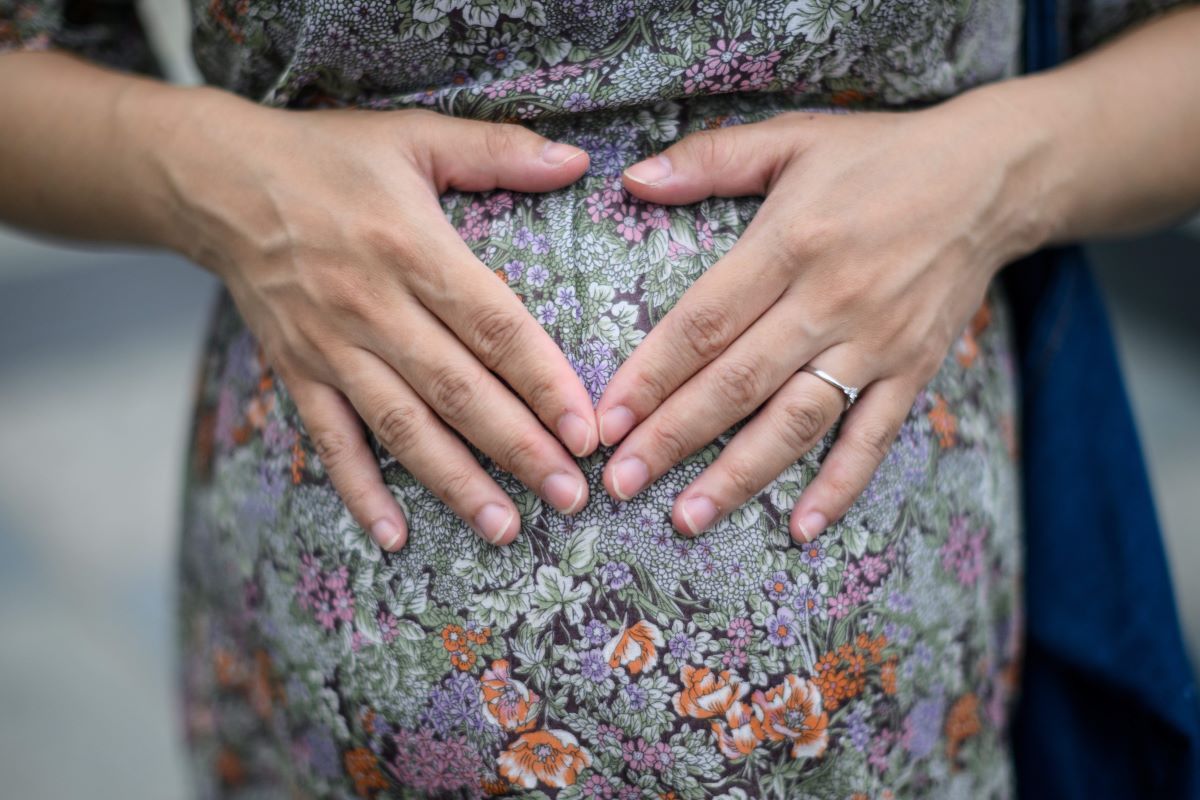It's true that in January 2021, health authorities warned that because of the lack of testing in pregnant populations, the use of the COVID-19 vaccines in pregnant women was not recommended unless they were at risk of high exposure, such as healthcare workers. However, in August, due in part to new data on the safety of the vaccines and in part to a surge in infections caused by the delta variant, the Centers for Disease Control and Prevention (CDC) urged all pregnant women to get the COVID-19 vaccine. Although the data is still incomplete, according to the CDC it suggests that the benefits of receiving a COVID-19 vaccine outweigh any known or potential risks of vaccination during pregnancy.
Neither the World Health Organization nor the CDC stated that all pregnant women should avoid COVID-19 vaccines.
Editor's Note: Since the original publication of this article, the Centers for Disease Control and Prevention (CDC) in August urged pregnant people to get their COVID-19 vaccine in response to surging cases of the delta variant around the country. See further details below.
In late January 2021, the World Health Organization (WHO) recommended that pregnant women at low risk of exposure to the novel coronavirus avoid receiving their COVID-19 immunization until further testing was conducted.
Observational data showed that pregnant people with COVID-19 have an increased risk of severe illness and death compared with non-pregnant people of the same reproductive age. Additionally, the Centers for Disease Control and Prevention (CDC) noted that pregnant people with COVID-19 may also have an increased risk of health problems during pregnancy, such as preterm birth.
However, because neither the Moderna nor the Pfizer vaccinations had been tested in pregnant human populations, health officials warn that those who are pregnant should avoid receiving their immunization unless they are at an increased risk of exposure.
In August, the CDC released new data on the safety of the vaccines in pregnant people, noting that COVID-19 vaccination is recommended for all people 12 years and older, “including people who are pregnant, breastfeeding, trying to get pregnant now, or might become pregnant in the future.” An analysis published by the agency also found that of those included in the survey, pregnant women did not have an increased risk of miscarriage after receiving a CVOID-19 vaccine.
"The vaccines are safe and effective, and it has never been more urgent to increase vaccinations as we face the highly transmissible delta variant and see severe outcomes from COVID-19 among unvaccinated pregnant people,’’ said CDC Director Dr. Rochelle Walensky in a statement.
The CDC noted that in the weeks leading up to the announcement, clinicians had seen an uptick of COVID-19 cases in pregnant people.
"The increased circulation of the highly contagious Delta variant, the low vaccine uptake among pregnant people, and the increased risk of severe illness and pregnancy complications related to COVID-19 infection among pregnant people make vaccination for this population more urgent than ever,” wrote the agency in its statement.
As of this update, WHO had not publicly stated encouragement of COVID-19 vaccinations in pregnant people. In a June 25 update, the global health organization said:
WHO recommends the use of the COVID-19 vaccine in pregnant women when the benefits of vaccination to the pregnant woman outweigh the potential risks. To help pregnant women make this assessment, they should be provided with information about the risks of COVID-19 in pregnancy, the likely benefits of vaccination in the local epidemiological context, and the current limitations of safety data in pregnant women. WHO does not recommend pregnancy testing prior to vaccination. WHO does not recommend delaying pregnancy or terminating pregnancy because of vaccination.
In a fact sheet shared by the CDC on Jan. 7, the health agency noted that limited data from animal development and reproductive toxicity studies showed that pregnant rats who received the Moderna vaccination did not experience any adverse effects before or during their pregnancy. Studies of the Pfizer-BioNTech were ongoing at the time.
Studies observing how either vaccine may impact pregnancy are planned as of this writing, and both vaccine manufacturers are monitoring participants in clinical trials who become pregnant. And because mRNA vaccines do not contain the live virus, nor do they interact with a person’s DNA, health care providers believe that they should pose little risk to pregnant people.
“Based on how mRNA vaccines work, experts believe they are unlikely to pose a specific risk for people who are pregnant,” previously wrote the CDC. “However, the actual risks of mRNA vaccines to the pregnant person and her fetus are unknown because these vaccines have not been studied in pregnant women."
In its August update, the CDC noted that evidence about the safety and efficacy of COVID-19 vaccination during pregnancy is still limited, but data suggests that the benefits of receiving the vaccine outweigh the potential risks of vaccination during pregnancy.

